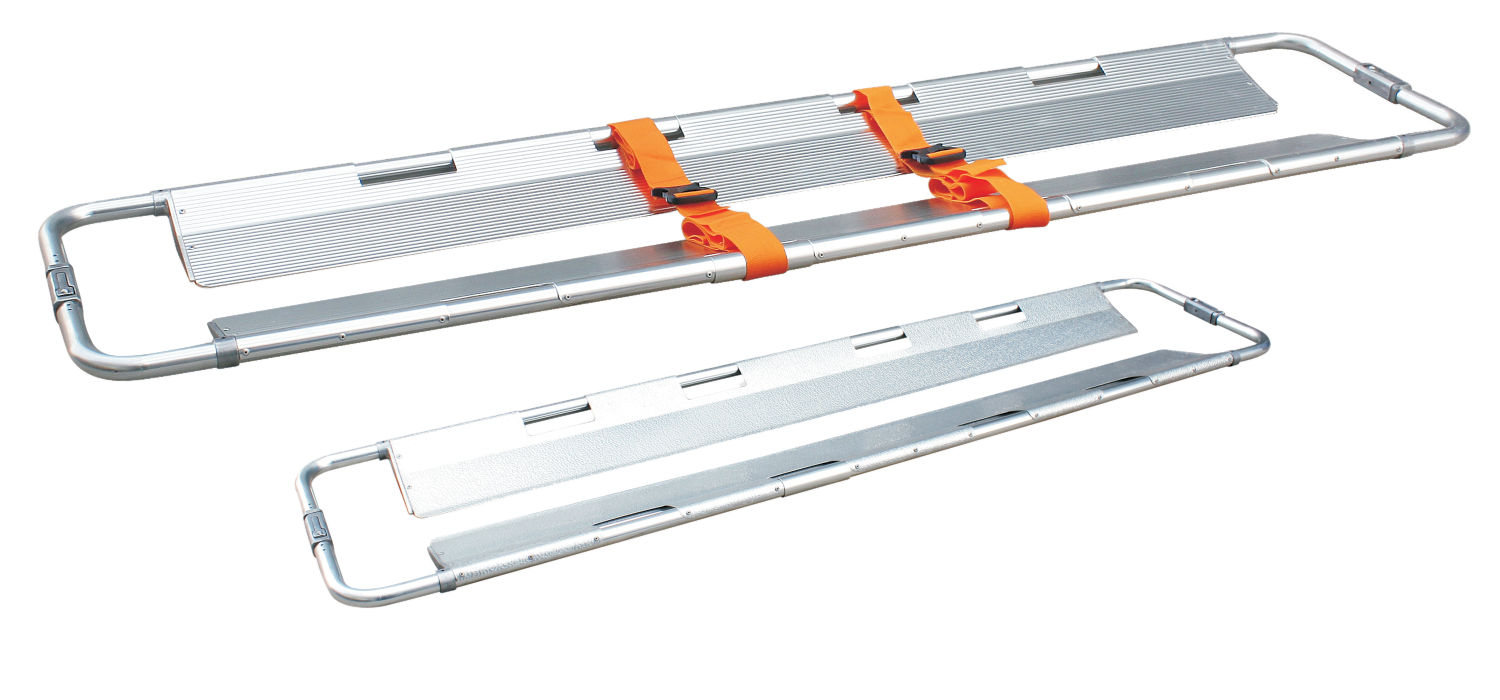
Scoop Stretcher
Are you in need of a scoop stretcher to help get your work done quicker and more efficiently? Stop looking and order one today. Our scoop stretchers will aid you in those areas where mobility may be limited.
The product is made of high-quality aluminum alloy materials, separate the stretcher into two parts after press the two side buttons, patients can be fixed on to without being moved, the length can be adjust, it's easy to be cleaned.
| Ref. No.: | Product Size: ( L xWxH) |
Capability: | G. W. : | Self Weight : | Qty Cs. : | Package Size: |
|---|---|---|---|---|---|---|
| NMW8220 | 190 x 42 x 7 cm | 159kg | 11kg | 9kg | 1PCS | 192 x 46 x 9 cm |
Nexgen is a leading provider of medical supplies and equipment. We pride ourselves on our customer service and our ability to get your order out the door quickly. We offer a wide variety of products, including scoop stretchers, which are perfect for use in emergency situations. When you buy a scoop stretcher from us, you can rest assured that you're getting a quality product that will be shipped out to you the same day or next day. We know how important it is to get your order as soon as possible, and we'll make sure that it arrives safe and sound. Thank you for considering Nexgen as your go-to source for all of your medical needs. We look forward to serving you!
When you buy a scoop stretcher from us, you can be sure that you're getting a high-quality product. We only sell the best scoop stretchers on the market, and we're confident that you'll be happy with your purchase. We offer fast shipping on all of our products, so you can get your scoop stretcher as soon as possible. We're dedicated to customer service, and we're here to help you in any way we can. If you have any questions about our products or your order, please don't hesitate to contact us. We're always happy to help!
Nexgen offers a variety of scoop stretchers for sale, each designed for different purposes. We have traditional scoop stretchers, bariatric scoop stretchers, and pediatric scoop stretchers. We also offer a variety of colors and sizes to ensure that you find the perfect fit for your needs. When it comes to choosing the right scoop stretcher for your needs, it is important to consider the weight and size of the person who will be using it. Traditional scoop stretchers are typically used for people who weigh up to 200 pounds.
Bariatric scoop stretchers, on the other hand, are designed for people who weigh more than 200 pounds. And finally, pediatric scoop stretchers are best suited for children or small adults. Once you have determined which type of scoop stretcher you need, you can then decide on the size and color that you prefer. Nexgen offers a variety of colors to choose from, including traditional colors like white and blue, as well as fun colors like pink and green. And when it comes to size, we have everything from small to extra-large. No matter what your needs are, Nexgen has a solution for you. So why not buy a scoop stretcher online with us.
There are a few different types of scoop stretchers on the market, each with its own set of pros and cons. Here, we'll take a look at some of the most popular types of scoop stretchers to help you make an informed decision about which one is right for you. One of the most popular types of scoop stretchers is the hydraulic scoop stretcher. This type of stretcher is operated by a hydraulic system, which makes it very easy to use. It also has a number of safety features, such as an automatic release valve, that make it a good choice for use in medical emergencies.
However, hydraulic scoop stretchers can be expensive, and they can be difficult to find in some areas. Another popular type of scoop stretcher is the rope-operated scoop stretcher. This type of stretcher uses ropes to raise and lower the patient, making it much easier to use than the hydraulic version. It also doesn't require any special training to use, making it a good choice for people who aren't trained in medical emergencies. However, rope-operated scoop stretchers can be difficult to maneuver in tight spaces, and they can be dangerous if not used properly.
If you're looking for a quality scoop stretcher, look no further than Nexgen! Our customers love our products and have given us rave reviews. So why not give us a try? You won't be disappointed!